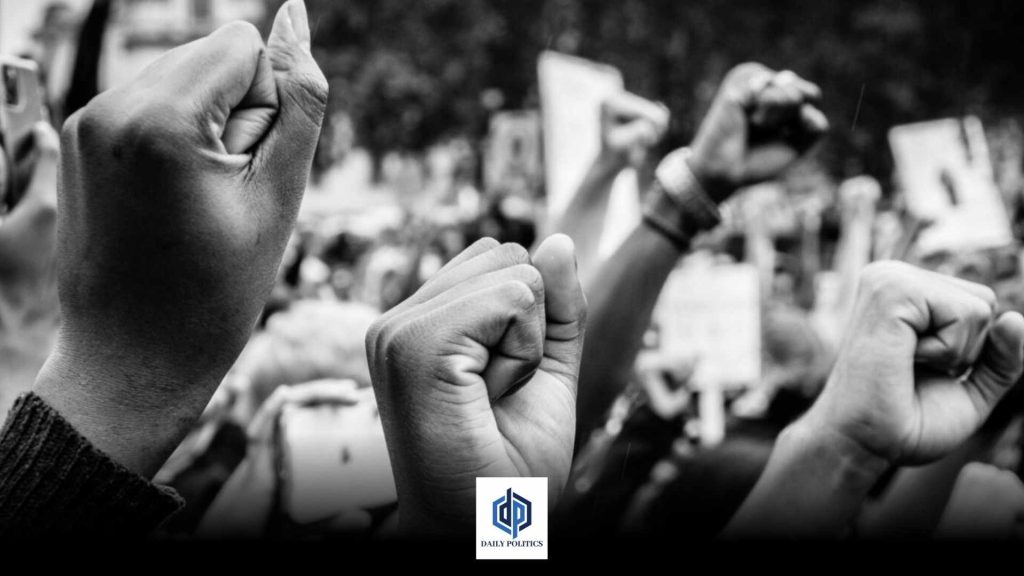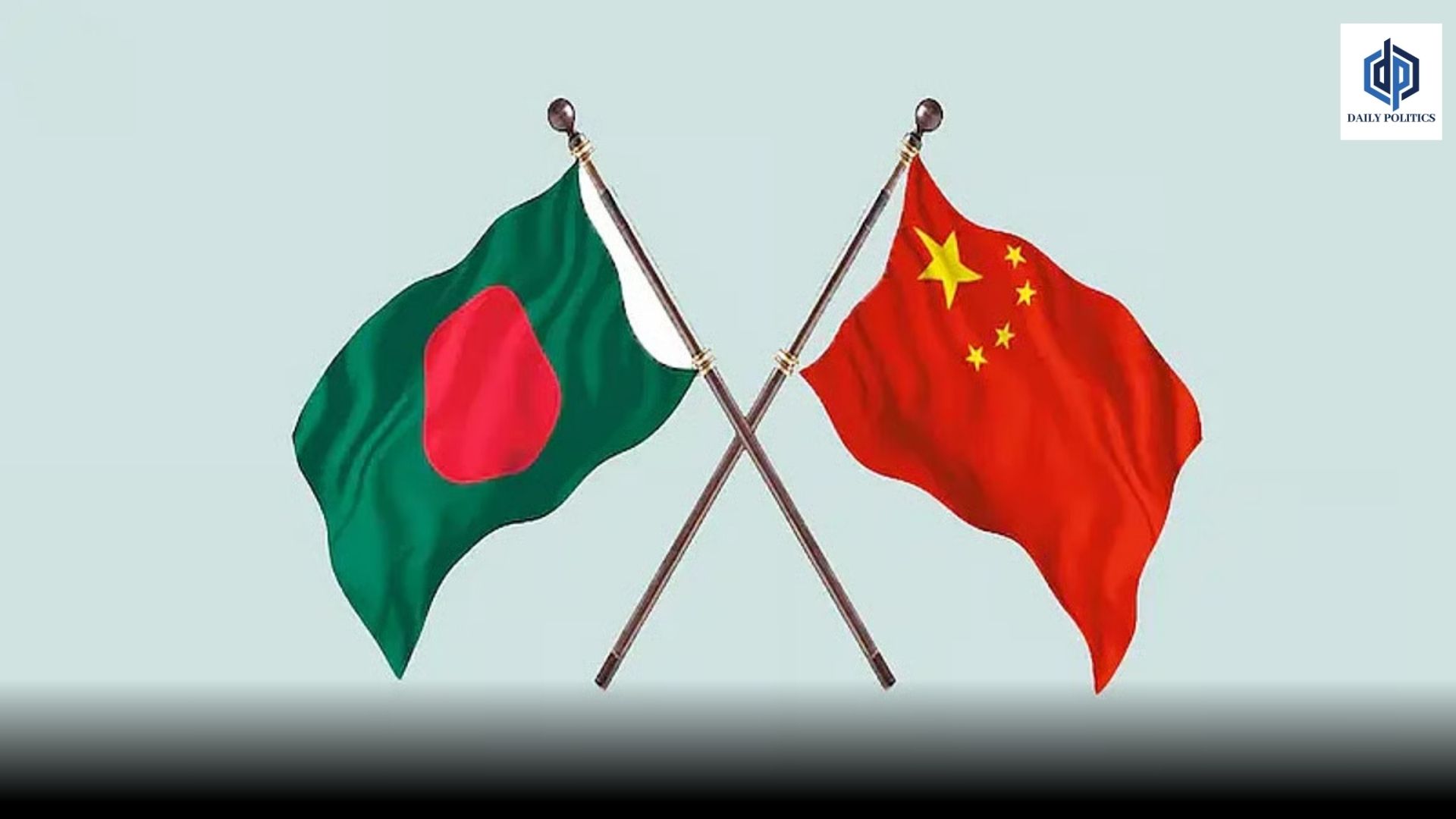In the 21st century, human rights activism has emerged as a critical force shaping global politics, social movements, and legal reforms. As societies become more interconnected, the ability to advocate for rights—from civil liberties to economic justice—has expanded. However, the road to securing human rights remains fraught with old and new challenges.
Historical Context: The Foundations of Activism
Human rights advocacy is fundamentally rooted in political freedom and equality movements. The abolition of slavery in the 19th century and the civil rights movements of the 20th century established the foundation for contemporary human rights frameworks. The United Nations’ ratification of the Universal Declaration of Human Rights in 1948 was pivotal, establishing global standards that would shape future movements for justice and equality.
Contemporary Struggles: From Margins to Mainstream
In recent decades, activism has expanded to tackle structural concerns of gender, racism, climate change, and economic injustice. Movements such as #MeToo, Black Lives Matter, and worldwide climate strikes spearheaded by teenage activists like Greta Thunberg have elevated human rights into widespread awareness. Contemporary activism is distinguished by its digital aspect, with social media platforms serving as potent instruments for organization, awareness dissemination, and global mobilization.
The LGBTQ+ rights movement is a testament to the enduring nature of activism. What began as a quest for recognition and security has led to significant legislative victories worldwide, including marriage equality and protections against discrimination. However, these achievements are not universal, as many communities face violent opposition and legal barriers.
The Role of Technology in Amplifying Voices
Technology has served as a dual-edged instrument in the struggle for human rights. The Internet and social media platforms have magnified minority voices, allowing grassroots campaigns to achieve worldwide recognition. The Arab Spring in 2010 exemplified the efficacy of internet technologies in contesting authoritarian governments. Conversely, governments and companies often use the same technology to monitor and repress activists, jeopardizing freedoms of expression and assembly.
Digital platforms have emerged as arenas for disinformation and targeted harassment of activists, underscoring the need to safeguard digital rights in this age. While technology serves as a tool for activism, it needs stringent regulation and ethical use to avert its transformation into a weapon against human rights advocates.
Legal Frameworks and International Responses
The effectiveness of activism often hinges on legal frameworks that translate demands into actionable rights. International organizations like the United Nations and regional bodies such as the European Court of Human Rights have played pivotal roles in holding governments accountable. Yet, enforcement remains inconsistent, particularly in countries where political interests override human rights concerns.
For example, while some countries have made strides in criminalizing domestic violence or ensuring access to healthcare, others continue to persecute activists, undermining international norms. The question of sovereignty versus global accountability remains one of the core tensions in human rights activism.
Future Directions: The Path Ahead for Rights Activism
Anticipating the future, human rights action confronts a multifaceted terrain. Climate change is set to intensify relocation, resource shortages, and inequality, disproportionately affecting underprivileged people. Already gaining traction, environmental activism must more closely align with more significant human rights initiatives to tackle the intertwined challenges of climate injustice.
The emergence of authoritarianism and nationalist ideas in some nations jeopardizes human rights advancements, necessitating that activists modify their techniques to align with the evolving political landscape. Establishing cross-border alliances and cultivating a global solidarity movement are anticipated to be essential measures for the future.
Youth activism concurrently provides optimism. With a global outlook and digital proficiency, youth are at the forefront of addressing challenges such as climate change, racial justice, and gender equality. Their capacity to contest the current quo and advocate for systemic change is essential for advancing the human rights movement.
The Unfinished Work of Activism,
Even with decades of progress, pursuing human rights remains a continual challenge. Activists must traverse a landscape where advancements often encounter opposition and rights formerly safeguarded are perpetually vulnerable to degradation. Through perseverance, creativity, and unity, human rights action fosters optimism for a more fair and equal society.
The future of human rights will hinge on the capacity to address growing difficulties, adjust to changing circumstances, and persist in the struggle for dignity, freedom, and justice for everyone.













